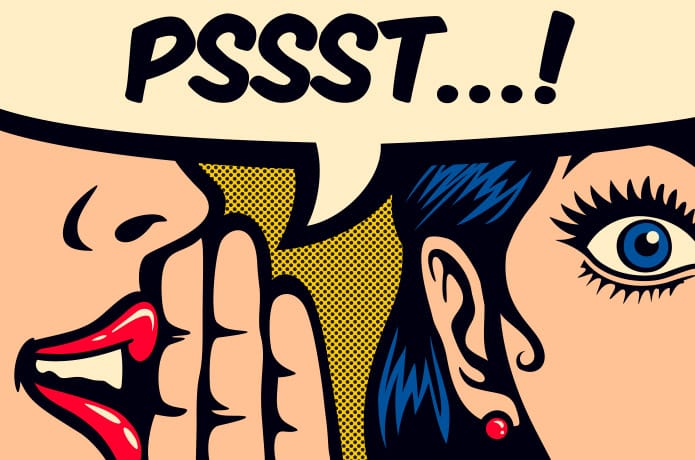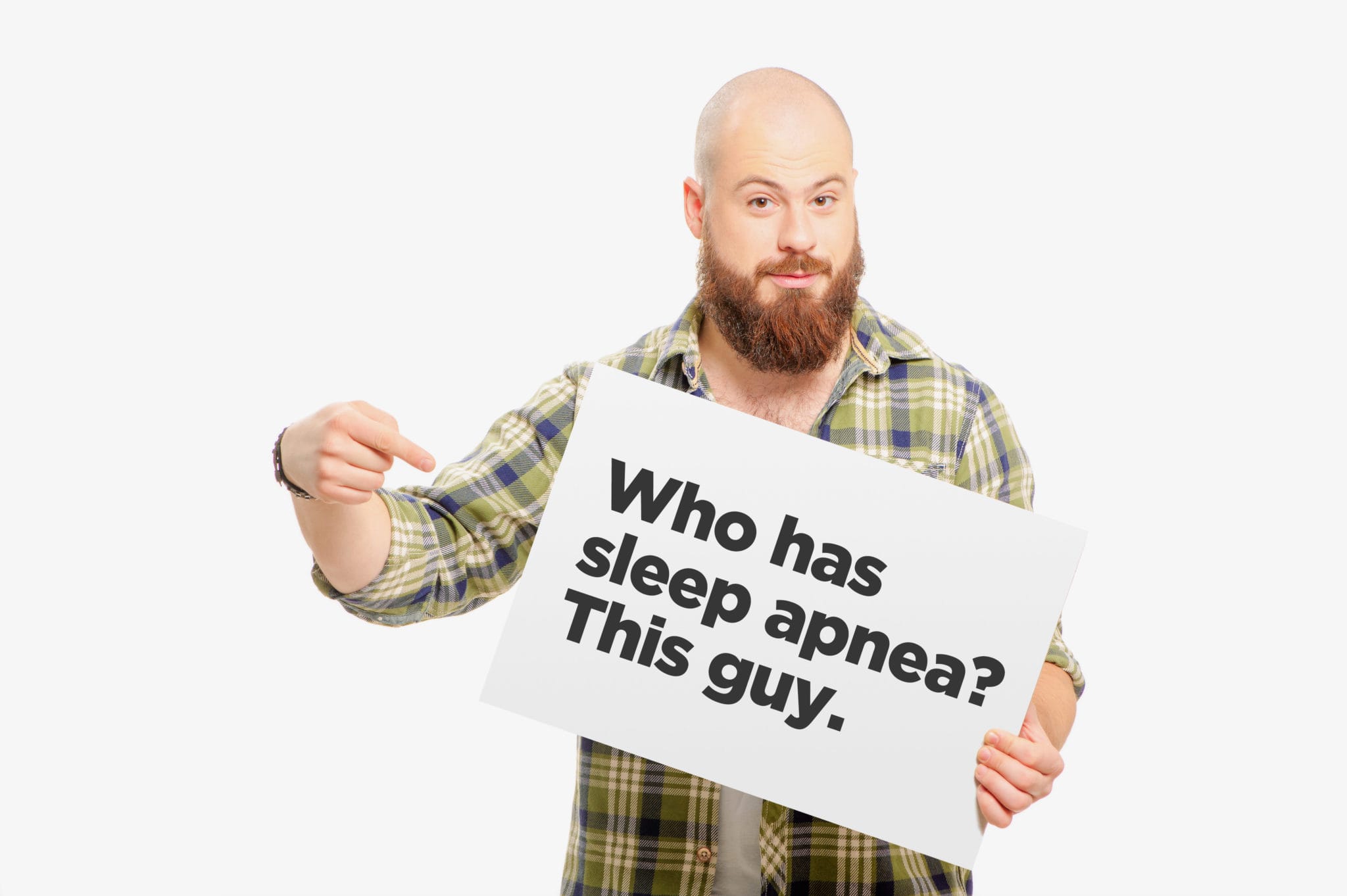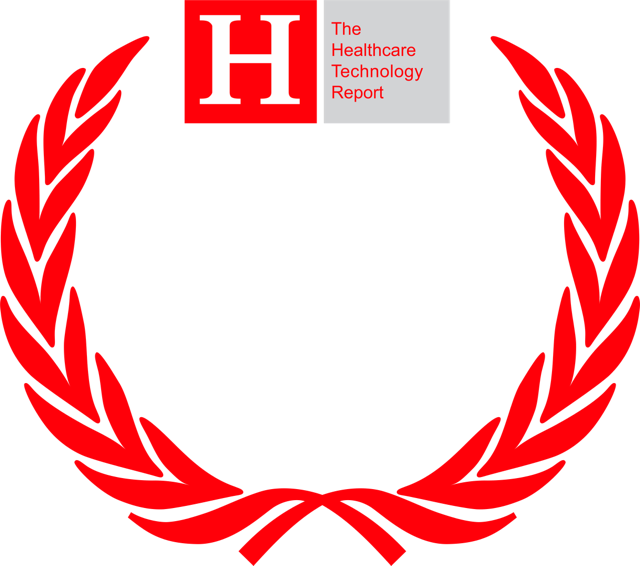
Sharing is caring. I talked about this in my last BLOG post for a brief moment. I made the statement CPAP patients aren’t stoked to share the fact they’re on therapy. It’s true. And it always has been. CPAP users, with typical silence, bury the inconvenient truth of treatment in the closet. I can’t say for sure why this is, but I can guess. Most of my guesses would involve embarrassment over wearing a mask to sleep. As if anybody other than your bed partner ever sees you sporting one. I get it. It feels funny talking about it, but embarrassed is the wrong way to think about your therapy. CPAP saves lives. Sure, it’s not for everyone, but for a lot us it’s the answer to feeling good and keeping us healthy.
If you were a cancer survivor you wouldn’t tell a person diagnosed with cancer, “I wouldn’t sweat that…let it ride another year.” You’d jump all over directing them to the provider that saved your life. Remember the doc who had the brains to diagnosis your cancer, based on that blood work? I bet you do. You probably send them a card every year. The same one who ordered your treatment and saw you through therapy. All the way to “You’re cancer free.” Hearing those magical words is a fountain of goodness.
“You suffer from sleep apnea,” is not as hard to swallow as “You have cancer.” I get it. But did you know sleep apnea has definitive links to cancer? Most sleep apnea patients don’t realize this. I’ll give you the brief rundown. If you have sleep apnea, you hold your breath at night. The worse you are, the longer you don’t breathe. When your breathing stops, oxygen doesn’t come into your lungs. It’s partly why some sleep apnea patients are notorious for having headaches. Problem is most patients never learn the byproduct of not getting oxygen is the fact you don’t expire CO2. What’s that you say? Expire CO2? Yes, CO2. It’s called exchanging gases. It’s what your body is good at when you’re awake. But when you’re asleep and suffer from sleep apnea, you’re a terrible conduit for exchanging gases. What does all this mean? I’ll tell you.
Sleep apnea is the process of holding your breath. When holding your breath, your heart and lungs keep functioning. By functioning, I mean push vital blood throughout your system. Without blood flow, you’d be, well…uh, dead. Here’s where the science kicks in. With normal breathing, you take oxygen in. Your body burns it up and the byproduct CO2, in all its glory, expires into the world, bad breath and all. But with apnea, no oxygen in means no CO2 out. Your heart and your lungs recycle the CO2, and it builds up in your bloodstream, binding to things like…your brain. Thus the headaches. Headaches associated with sleep apnea, in most cases, are your brain’s way of saying we are choking to death, “Wake the hell up!” Oh, the joy of sleep apnea, right?
Here’s the kicker though. Having all that CO2 in your system is harmful. It keeps building up throughout the night, stressing your body out. BUT it also changes your blood chemistry while you sleep. And the magic of chemistry tells us that CO2 loaded environments lead to acidosis. Acidosis, you say? Yeah, because your body’s chemistry should be neutral. We are healthier creatures when we are neutral. What does all this mean in the big scheme of things? I’ll tell you. Cancer cells thrive in high PaCO2 environments. The University of Wisconsin did a study on cancer and sleep apnea several years ago. They proved the association between these two things: sleep apnea and death from cancer are like peas and carrots…they just love to hangout together. Go Badgers!

All this is to say, having sleep apnea is not embarrassing. Embrace it. Somebody helped you figure it out beyond a reasonable doubt that you suffered from apnea. You talking about it with others could help a friend or family member.
Plenty of examples of paying it forward have helped out. One patient, I ran a sleep study on, posted his hookup on Facebook on the night of his sleep study. Wires and everything, he loved the whole process. He was getting answers. And boy was he bad. SPLIT Night bad. I put CPAP on him in the same evening. Later, he shared something with me on a followup visit. His Facebook post elicited an old college roommate to ask about what a sleep study was. He explained it to the friend, and that friend thought he suffered from the same symptoms. It inspired the guy to get his sleep study. It turned out, according to his doctor, he suffered from the worst case of sleep apnea he had ever seen. My patient saved a life. I don’t want to sound like Casey Kasem with a “Long Distant Dedication,” but I challenge you to do the same thing. Hit the share button on this Blog with your friends or repost it on a social media page. You never know who’s paying attention.
And trust me, there are plenty of people I have talked to about Bleep – DreamPort Sleep Solution that did not know what CPAP was, not to mention sleep apnea. Market research indicates everyone on CPAP is likely to have a friend, family member or acquaintance on therapy…or, perhaps, failed out on it. So, talk it up. You may save a life.
Learn more about Bleep – DreamPort Sleep Solution by visiting our website and support our crowdfund initiative here (link to Bleep). And if you know someone on CPAP that’s struggling with therapy or recently gave up, tell them about us. We may be able to assist. Remember, We Give a Bleep About Sleep.

